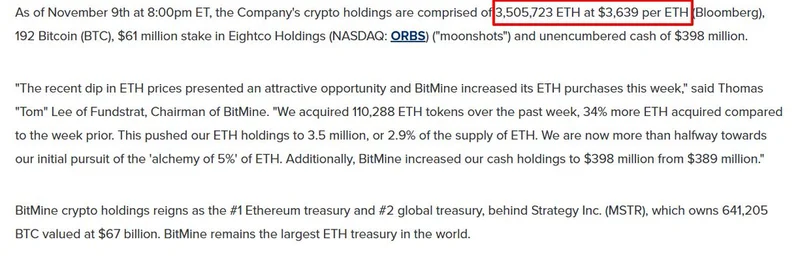The landscape of blockchain technology in Latin America is rapidly evolving, with several key players leading the charge in adoption. In a recent discussion on The Rollup, Diego Gutierrez, Co-Founder of Rootstock, shed light on the companies making significant strides in this space. Let's dive into the insights shared and explore the dynamics of blockchain adoption in the region.
Key Players in Latin America's Blockchain Adoption
Diego Gutierrez highlighted several companies that are at the forefront of blockchain adoption in Latin America. These include:
- Ripio: A leading crypto exchange in Latin America, Ripio has been instrumental in driving cryptocurrency adoption. With over a million users, Ripio offers a range of services including crypto trading, custody, and financial products.
- Lemon Cash: Originally from Argentina, Lemon Cash has expanded its operations and is known for its user-friendly approach to crypto investments. The company recently moved its legal activities to El Salvador, leveraging the country's progressive stance on Bitcoin.
- Buenbit: Another major player, Buenbit provides a comprehensive platform for saving, investing, and managing crypto assets. With a strong presence in Latin America, Buenbit caters to both individual and institutional clients.
- Bitso: Particularly dominant in Mexico, Bitso is a leading cryptocurrency exchange that has been pivotal in the region's blockchain ecosystem. It offers a wide array of services, including trading, payments, and financial inclusion initiatives.
- Mercado Bitcoin: In Brazil, Mercado Bitcoin stands out as a significant player. It provides a robust platform for crypto trading and has been a key driver of blockchain adoption in one of Latin America's largest economies.
Regional Dynamics and Fragmentation
Gutierrez's discussion also touched on the regional dynamics and the fragmented nature of blockchain adoption across Latin America. He noted that while some countries like Mexico and Brazil have dominant players, other regions such as Chile and Peru are more fragmented, with multiple smaller players like Buddha making an impact.
This fragmentation reflects the diverse economic and regulatory environments across Latin America. For instance, Brazil's economy is twice the size of Mexico's, which in turn is twice the size of Argentina's. Such economic disparities influence the scale and scope of blockchain adoption in each country.
The Role of Economic Conditions
The adoption of blockchain technology in Latin America is also influenced by the region's economic conditions. Many countries face challenges such as currency instability and limited access to traditional banking services. Blockchain offers a viable alternative, providing financial inclusion and stability through cryptocurrencies and decentralized finance (DeFi) solutions.
Companies like Ripio, Lemon Cash, and Buenbit are not just facilitating transactions but also bridging the gap between traditional finance and the crypto economy. They offer investment opportunities, yield generation, and even integration with traditional banking systems for everyday needs.
Conclusion
The insights from Diego Gutierrez provide a valuable snapshot of the blockchain adoption landscape in Latin America. Companies like Ripio, Lemon Cash, Buenbit, Bitso, and Mercado Bitcoin are leading the way, each playing a crucial role in their respective markets. As the region continues to navigate economic challenges, blockchain technology offers a promising path forward, fostering innovation and inclusion.
For those interested in the broader implications of meme tokens and blockchain technology, Meme Insider provides a comprehensive knowledge base to stay updated and informed.




